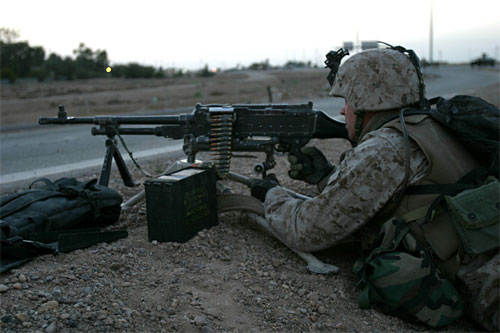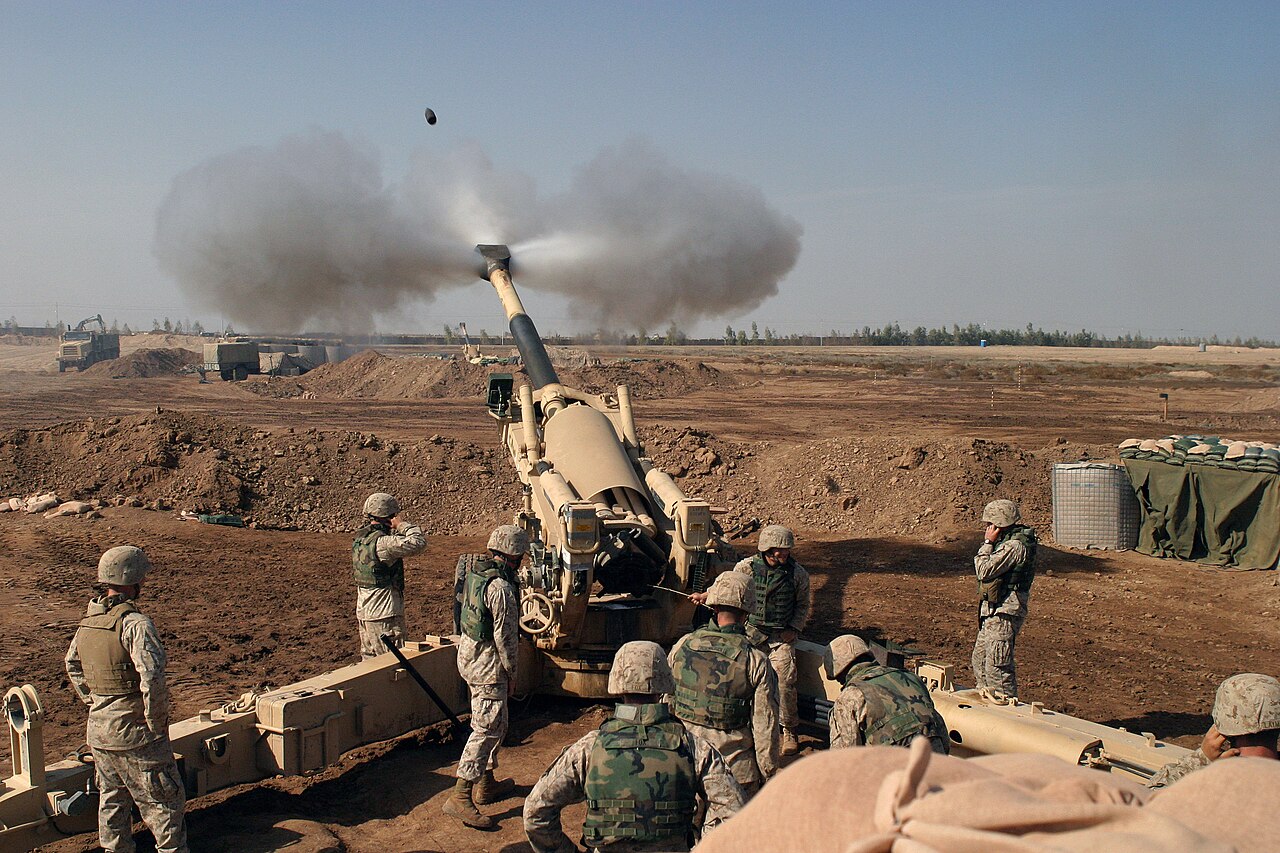Re: War in The Middle East
Internet ashkharum lik@ tarorinaq yev shurtvadz Hayer kan. Hetevabar, yes shat em uzum vor ko nman <<hamazgayin>> hayrenaser Hayeri tiv shatana ays tegh. Mer miatsial uzheri kenac@:
Originally posted by HayotzAmrotz













Comment